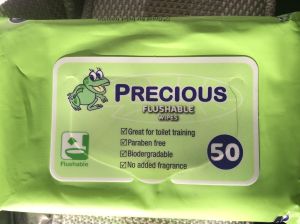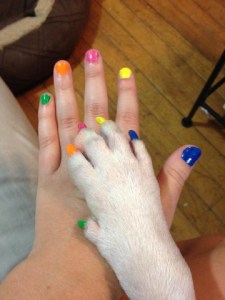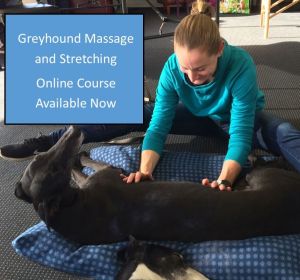I often chat with my human clients (the ones who pay the bills) when working on their dog. This week, one my clients and I were chatting about her dog’s nutrition plan. She mentioned that her neighbor was feeding a cheap food that wasn’t balanced. And more importantly, he didn’t seem to care.
She said “I don’t understand why people get dogs, say they love them, and then don’t bother to feed a quality food.”
I, of course, agreed.
And then I got to thinking about the other things I don’t understand:
- I don’t understand why some people get a dog and then never let it live inside the house with them and their family.
- I don’t understand why dog owners think ‘cheap’ anything is appropriate for their dog’s health and well-being.
- I don’t understand why people adopt puppies and then don’t take them to puppy training classes.
- I don’t understand why people adopt older dogs and don’t invest the time to train them.
- I don’t understand why anyone things it’s okay to hit a dog, or neglect it.
- I don’t understand why some dog owners don’t take their dog out for daily exercise and enrichment.
- I don’t understand why some people don’t accept their lifetime responsibility to their animal.
- I don’t understand why people don’t spay or neuter their dog (and then some put it up for adoption and expect the new owner to do it).
- I don’t understand why some people have children and then say they have to re-home their dog because they are too busy – the dog was there first.
- I don’t understand why, when their dog is in pain or injured, the owner goes onto Facebook for advice rather than taking their dog to the vet (with urgency).


I have been lucky enough to have some incredible dogs in my life (above are Daisy (now deceased) and Izzy (my retired racing greyhound). I proudly say that they have always come first.
Kathleen Crisley, specialist in dog massage, rehabilitation and nutrition/food therapy, The Balanced Dog, Christchurch, New Zealand
















